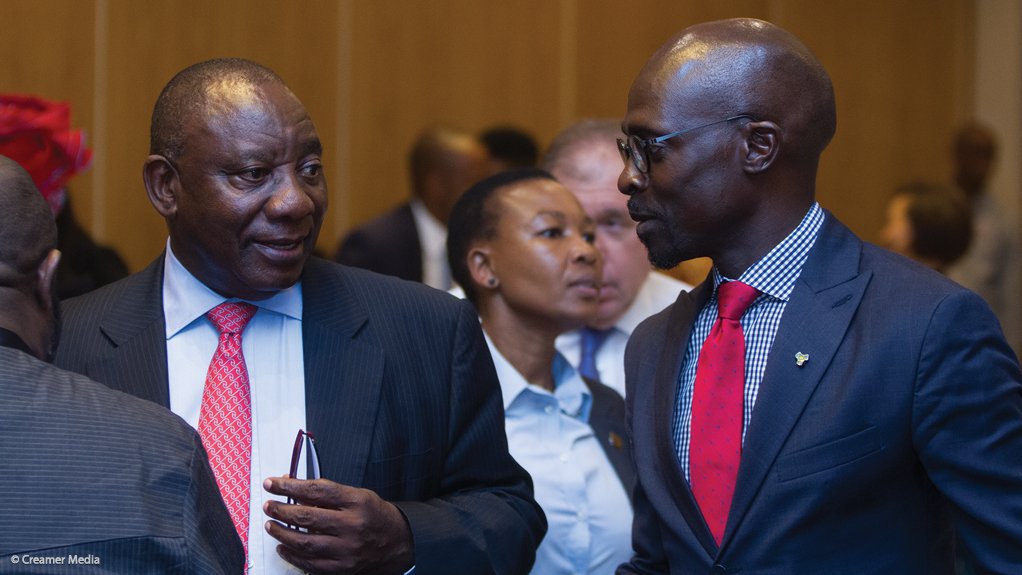Finance Minister Malusi Gigaba on Thursday painted a grim picture of the financial challenges facing power utility Eskom, stating that the national fiscus would be unable to bail the State-owned enterprise (SOE) out in the event of a default.
Speaking at a pre-World Economic Forum (WEF) breakfast, in Sandton, he said the financial crisis at Eskom has reached a stage where government could no longer be “gradualist in addressing the problems that [it] is facing”, adding that senior management at the utility did not seem to grasp the gravity of the current dire situation.
The highly indebted and cash-strapped utility has postponed the publication of its interim results, with the JSE threatening to halt trading of the utility’s debt should it not publish its results by January 31.
“If anything happened by the time we come back from Davos, there would be no currency, there would be no government, there would be no country, if Eskom went belly-up. We, therefore, need to act now,” the Minister urged.
He said based on “new information” that was brought to his attention on Wednesday, government was required to act with urgency with regard to the embattled power utility.
“The lenders themselves have been highlighting as early as October last year at the International Monetary Fund’s yearly meeting that we need to act,” he added.
Also speaking at the event ahead of next week’s WEF meeting in Davos, in Switzerland, Deputy President Cyril Ramaphosa noted that the South African government should take a leaf out of Singapore’s book on how to effectively run SOEs. This should be “less about interfering [and] more about oversight”, he said.
The newly-elected African National Congress president pointed out that South Africa’s embattled SOEs needed Parliamentary and government oversight.
“We have learnt that we can infuse some of the experiences [of] a number of other countries.
“Norway also has a very well run Sovereign Wealth Fund, which is the repository of stakes that they have in a number of SOEs. Even countries such as China and Brazil can teach us a lot,” he added.
Further, Ramaphosa highlighted that, through the inter-Ministerial Committee he chairs, the reform of SOEs and how they are managed would be a top priority.
“The challenges that Eskom is facing are huge. The Minister of Finance is seized with this on an hourly basis. It is top of mind . . . it is being addressed as we speak and we will make sure that we will come up with a number of solutions,” he said.
He added that the key message government would take to Davos was that it was in the process of addressing corruption. “We are deadly serious. We are now beginning to see the steps that are being taken in doing precisely this,” he highlighted.
EMAIL THIS ARTICLE SAVE THIS ARTICLE ARTICLE ENQUIRY
To subscribe email subscriptions@creamermedia.co.za or click here
To advertise email advertising@creamermedia.co.za or click here











